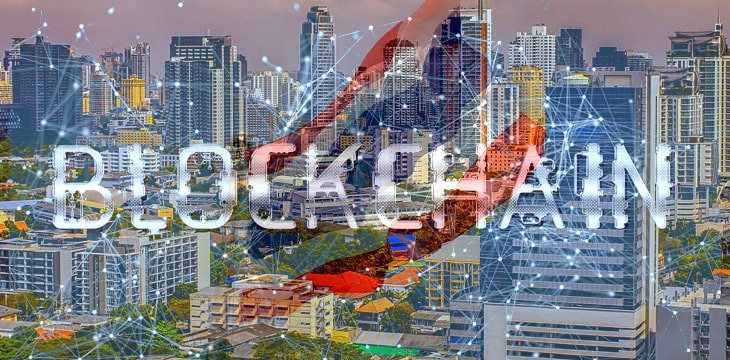|
Getting your Trinity Audio player ready...
|
Thailand is planning on moving its largest courts system to a blockchain platform. The Thai Office of Courts of Justice has revealed that it’s working on moving its entire judicial information to a blockchain platform by 2021.
The office, which oversees over 90% of the country’s courts, announced in a press release on Thursday that it has been developing the blockchain network for some time now. It’s aiming to move all its records online by next year as part of the Thai government’s efforts to digitize the country’s public services.
While the office didn’t disclose many details, including which blockchain protocol it’s using to build its platform, it revealed that the project is nearing completion. In the coming weeks, it will begin training its officials on how to use it.
The blockchain project is the latest in a string of digitization projects by the Thai government as it works towards ‘Thailand 4.0’ economic model. The model relies on the adoption of emerging technology, including blockchain, artificial intelligence, biotechnology, nanotechnology and more.
Thailand joins other Asian countries that have integrated blockchain technology into their judicial system, with China leading the pack. The East Asian economic giant has integrated blockchain in various ways, one of which is recording hearings. One of the pioneers is China’s largest city Shanghai where courts have been storing records on the blockchain for several months now.
China’s smart courts, which rely on blockchain and AI, have also been a huge success, settling millions of cases since their formation in 2017. The courts, which operate 24 hours a day, every day of the week, have greatly eased the burden on China’s courts, allowing the minor offences to be settled easily and quickly.
Elsewhere in Japan, researchers launched a blockchain-powered digital court in April 2020. The court initially handled civil cases, with the creators revealing they intended to expand its mandate after a trial run.

 02-20-2026
02-20-2026 




